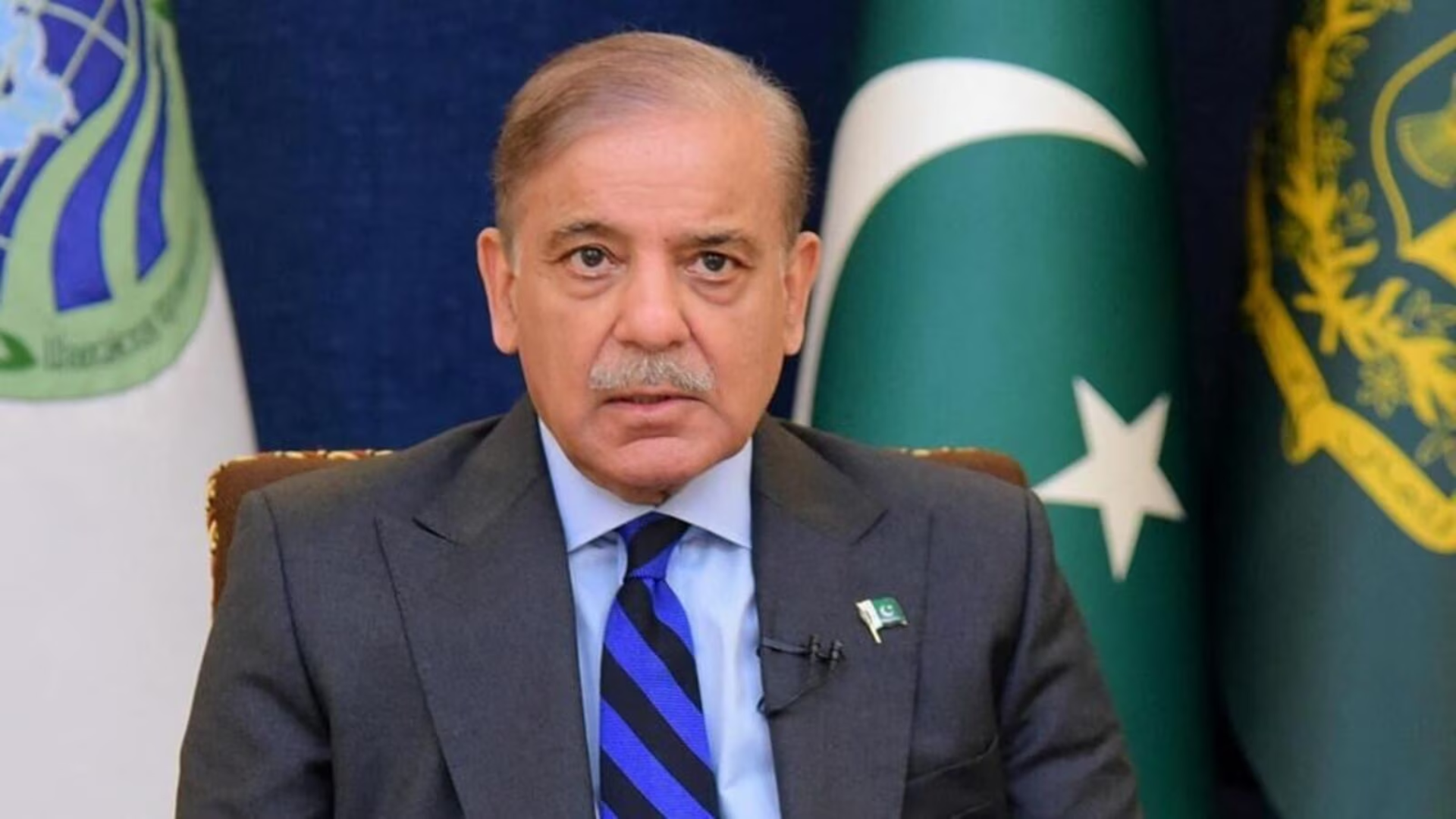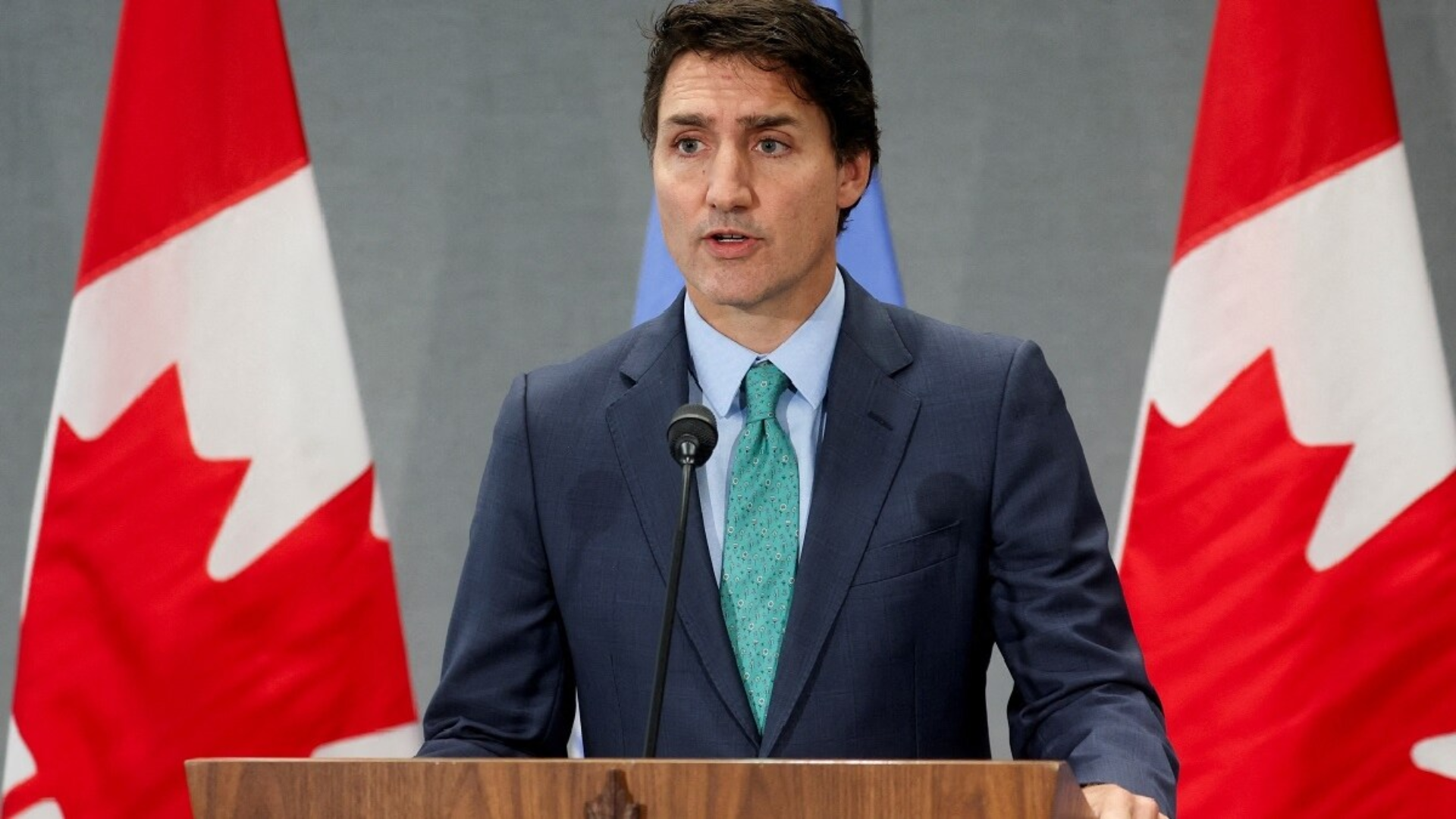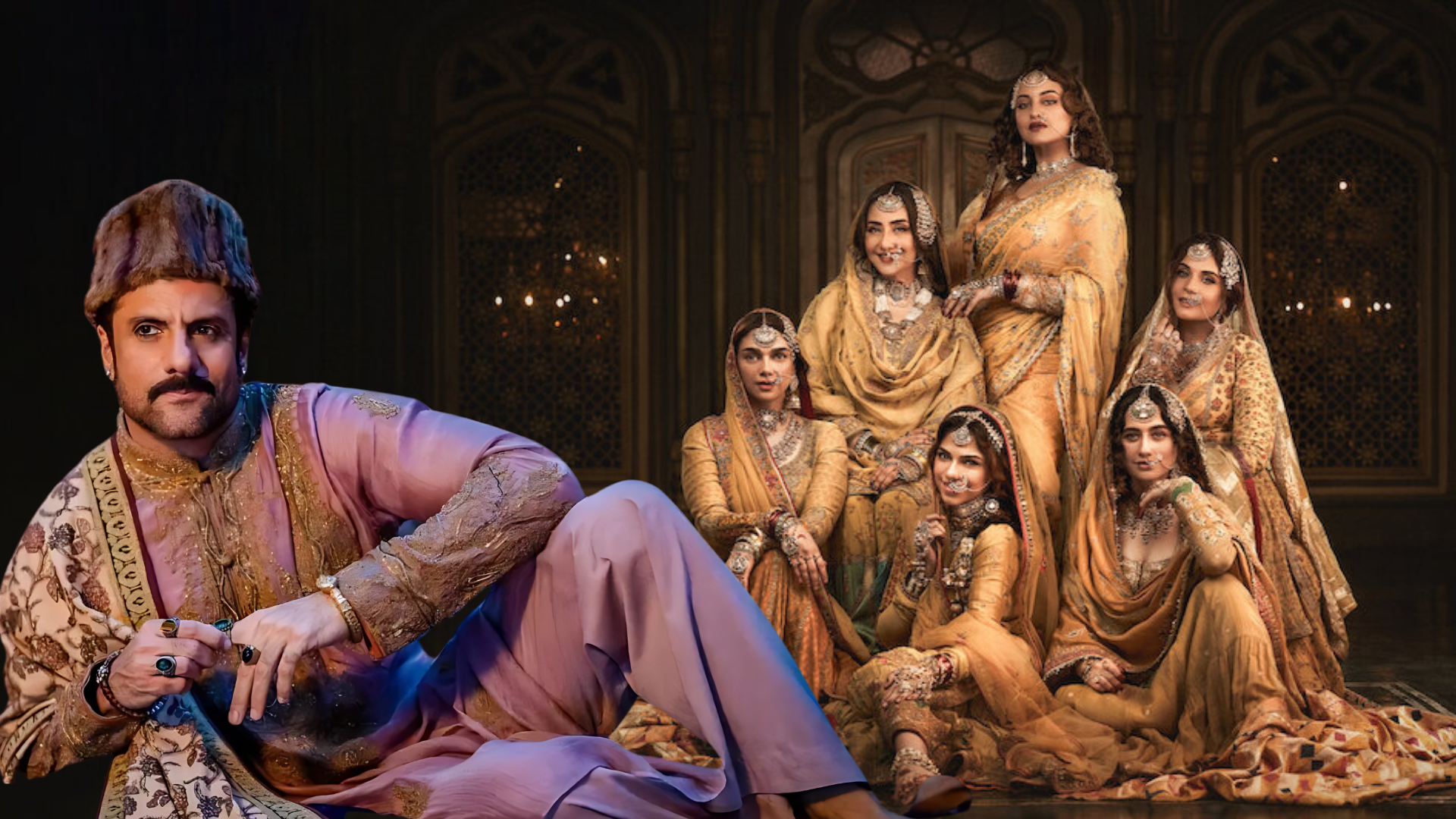


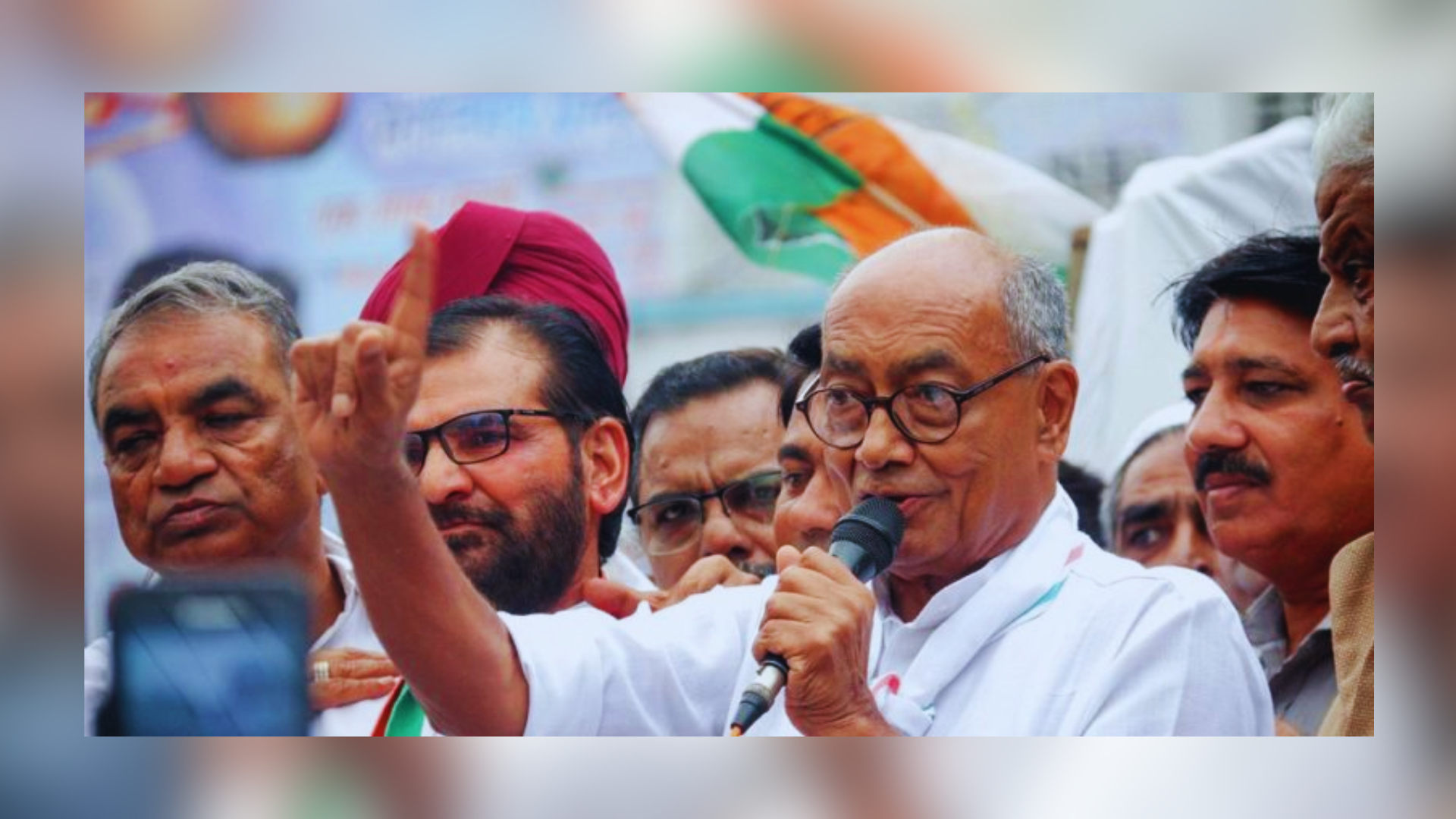
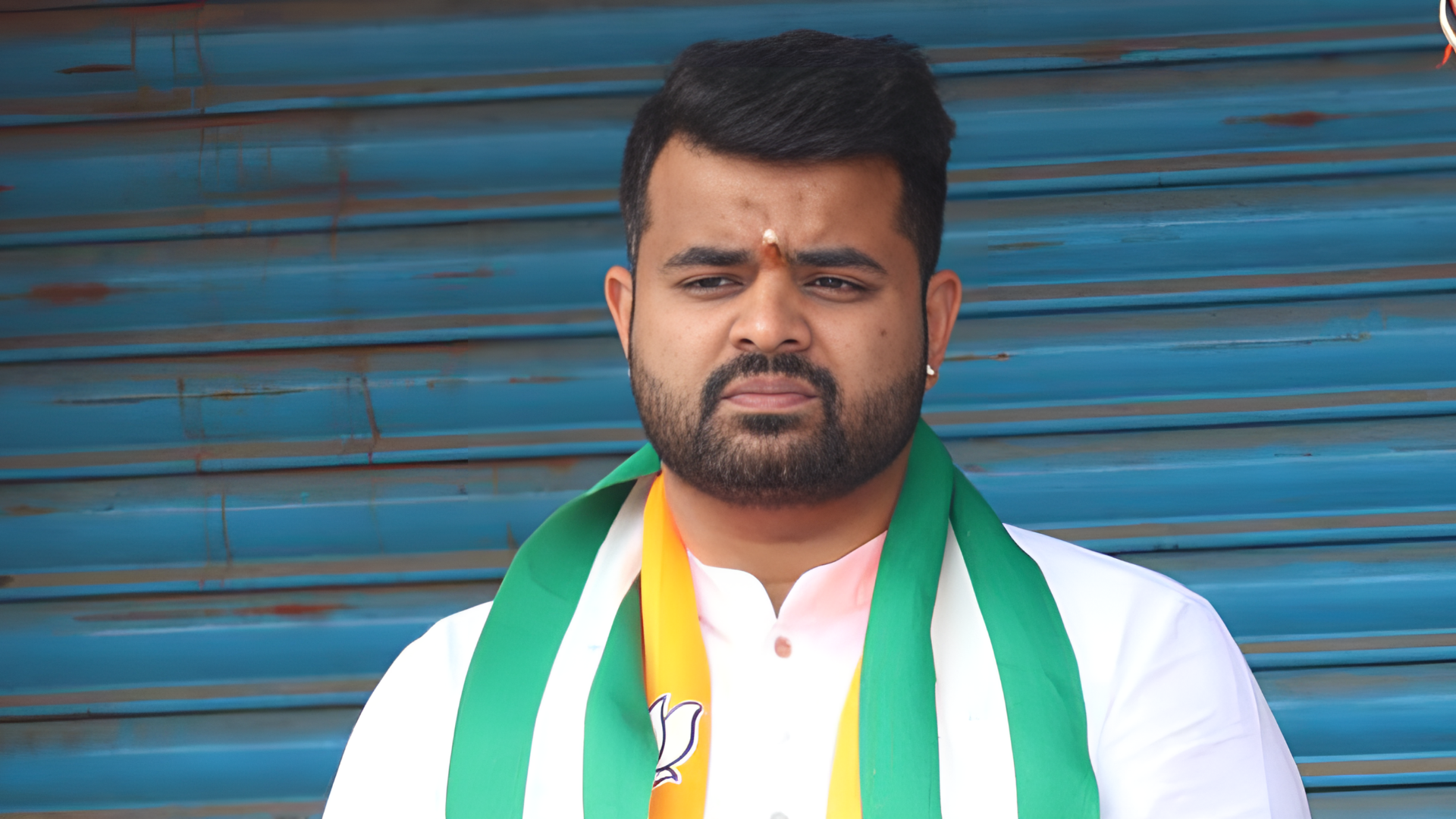


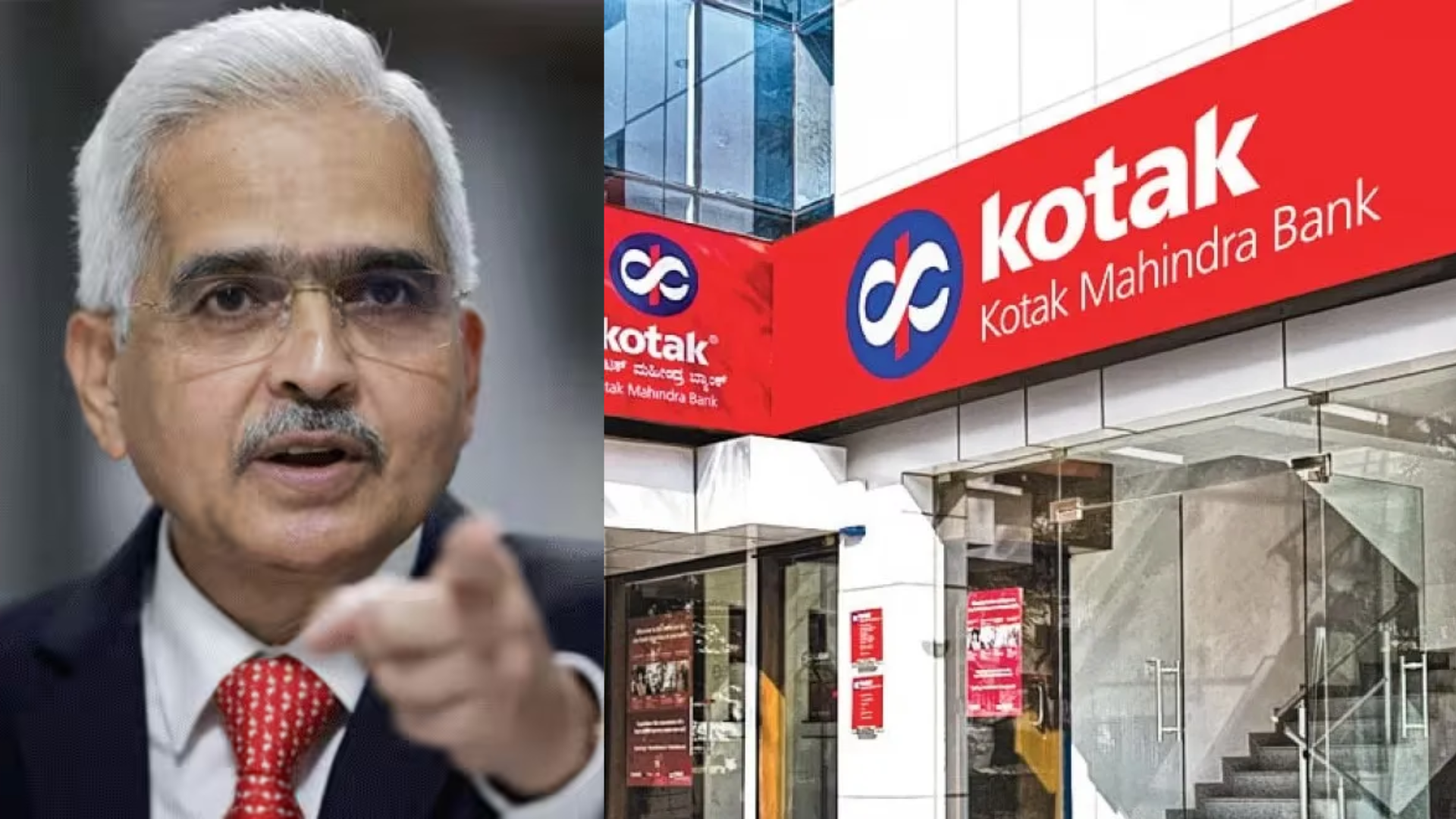
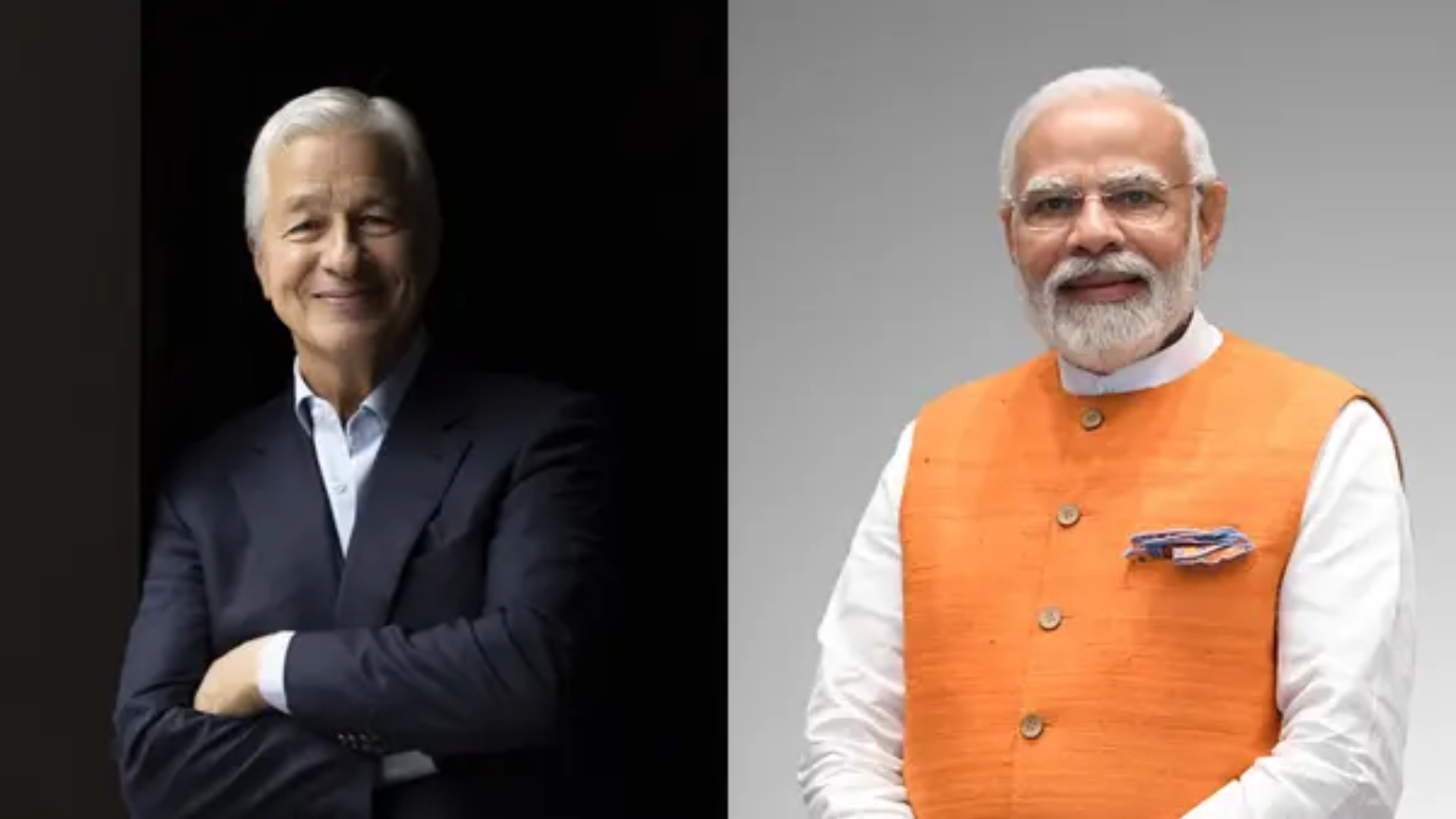
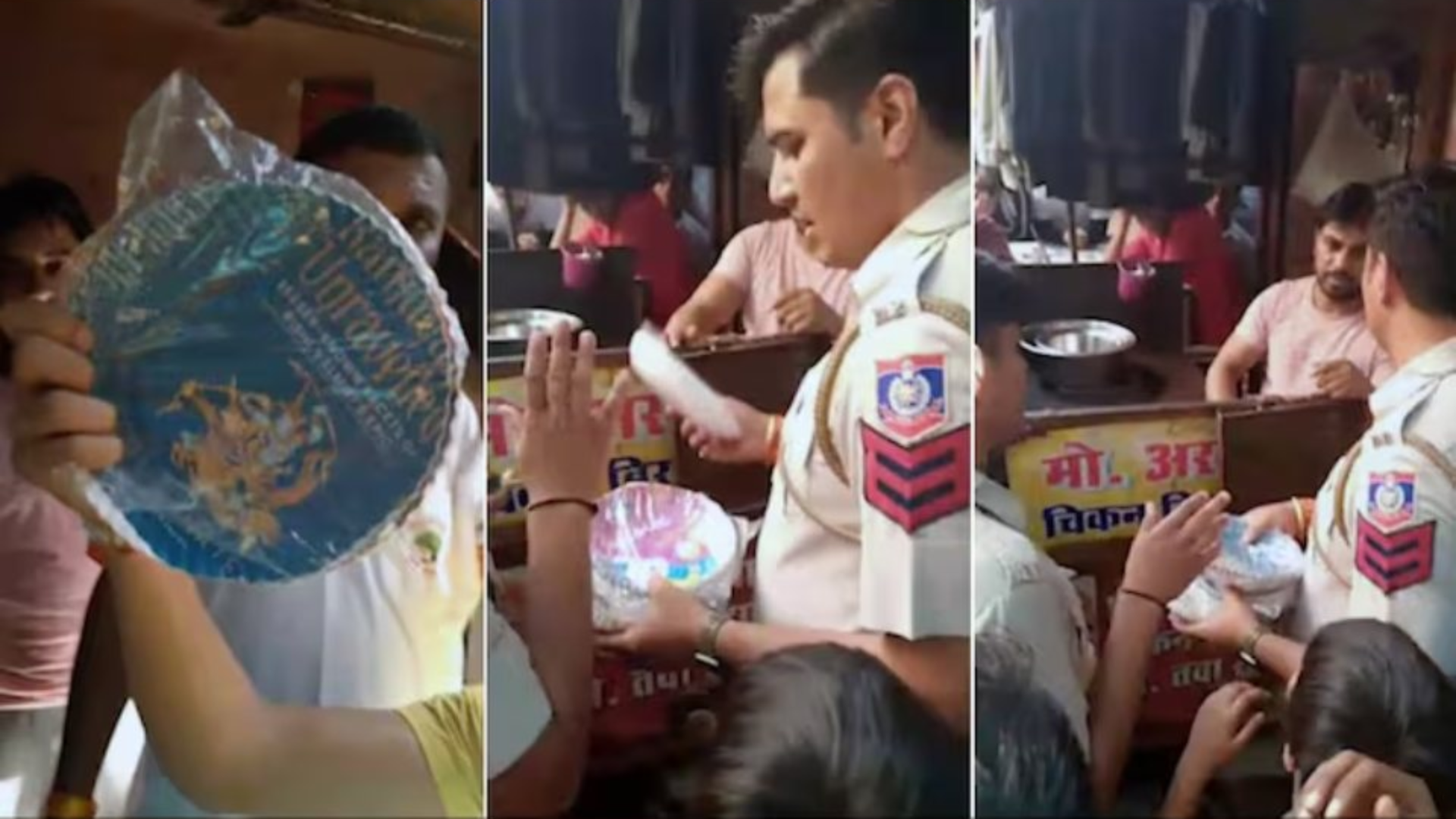
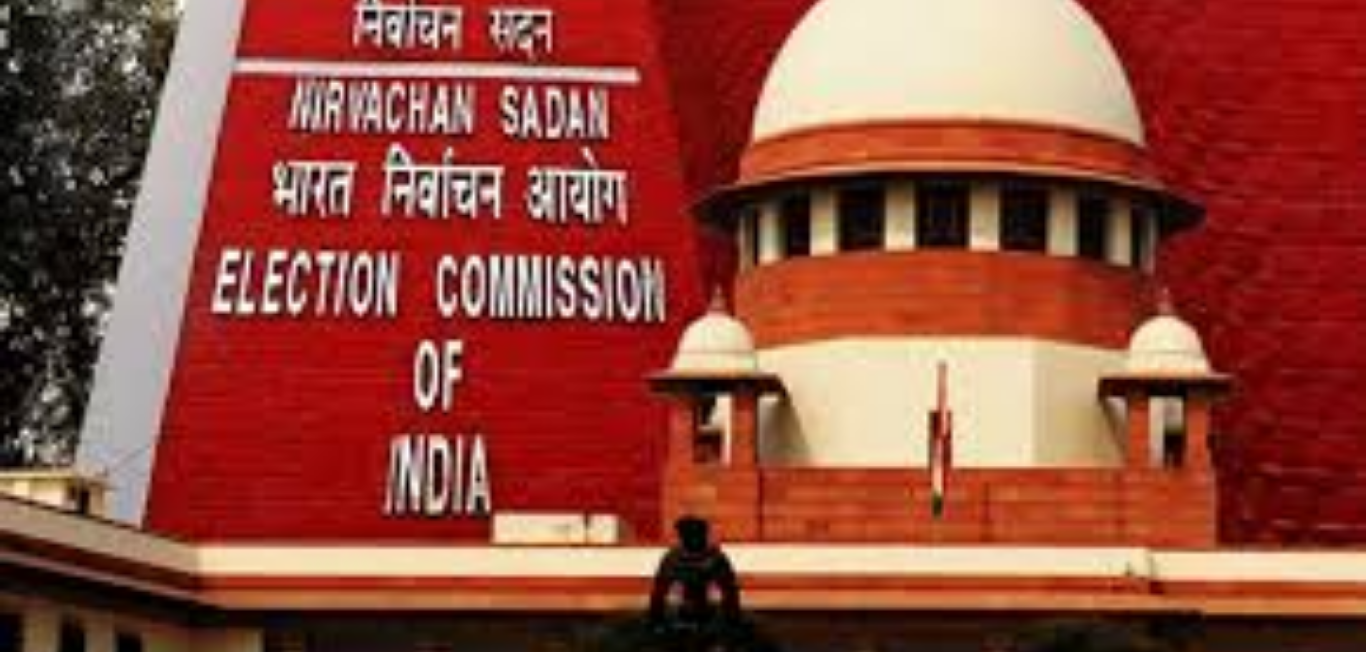
The Supreme Court of India emphasized the importance of maintaining sanctity in the electoral process while directing the Election Commission of India (ECI) to provide detailed explanations regarding measures taken to ensure free and fair elections. The court’s directive came during a hearing on petitions advocating for enhanced transparency through cross-verification of votes cast on Electronic Voting Machines (EVMs) with paper slips generated by the Voter Verified Paper Audit Trail (VVPAT) system and rejected the option of returning to ballot papers. The court said that the judges “have not forgotten” the past while rulng out the ballot papers
The bench comprising Justice Sanjiv Khanna and Justice Dipankar Datta underscored the critical nature of electoral integrity, stating, “This is an electoral process. There has to be sanctity. Let nobody have apprehension that something which is expected is not being done.”
Senior Advocate Maninder Singh, representing the Election Commission, appeared before the court to address the concerns raised in the petitions.
Also read: Security Forces Recover Cache of Illegal Arms in Manipur Amidst Search Operations
Advocate Nizam Pasha, representing one of the petitioners, emphasized the need for voters to have the option to retain their VVPAT slips after casting their votes and deposit them in a designated ballot box. When questioned about the potential impact on voter privacy, Pasha asserted, “Voter privacy cannot be used to defeat voter’s rights.”
Further arguments were presented by Advocate Prashant Bhushan, who advocated for keeping the light on the VVPAT machine illuminated throughout the voting process. Bhushan highlighted that the current practice of the light staying on for approximately 7 seconds could compromise transparency, as voters may not have sufficient time to observe the paper slip confirming their vote choice.
Senior Advocate Sanjay Hegde, representing petitioners, proposed the implementation of a separate audit mechanism to enhance the credibility of the vote-counting process.
Bhushan also referenced a concerning report regarding mock poll results in Kerala, which allegedly recorded additional votes for the Bharatiya Janata Party (BJP). The court sought clarification from Mr. Singh regarding this discrepancy, signaling a keen interest in addressing potential irregularities and maintaining the integrity of the electoral system.
The Supreme Court’s proactive stance underscores the significance of electoral transparency and accountability, reflecting a commitment to safeguarding the democratic principles that underpin India’s electoral framework.

